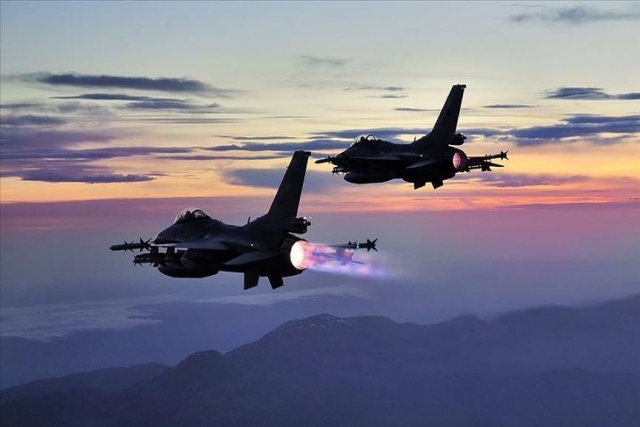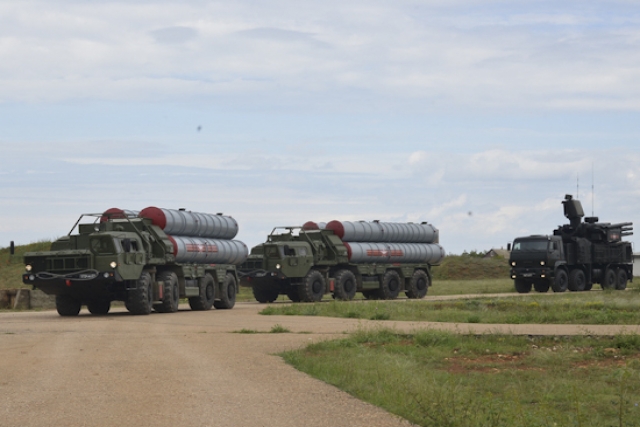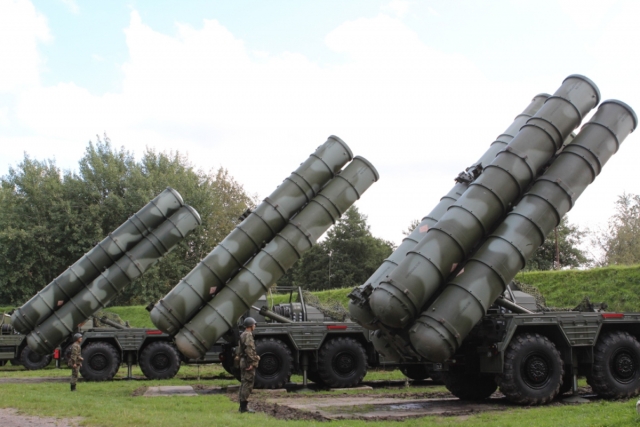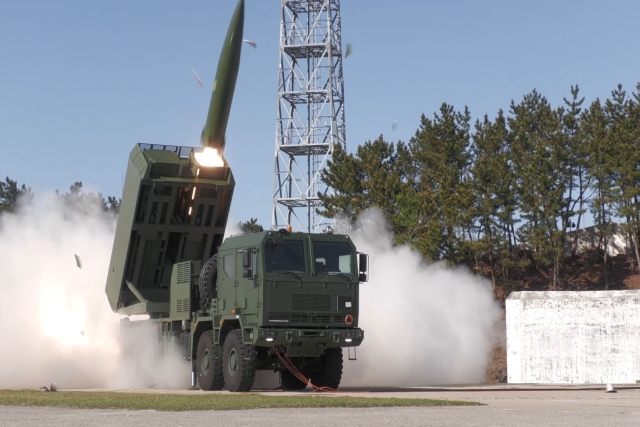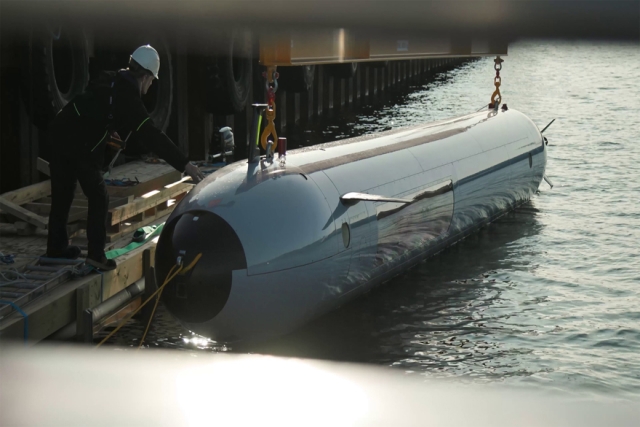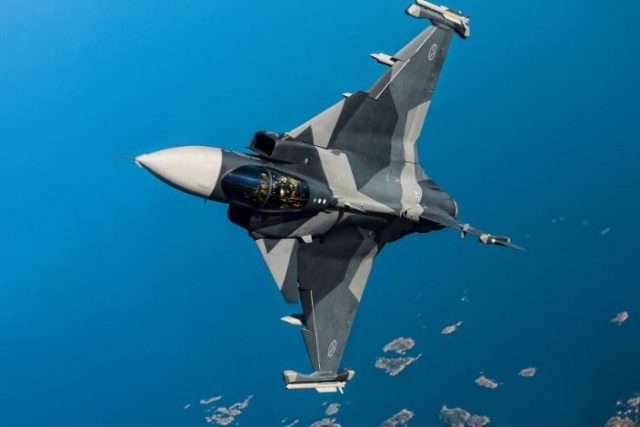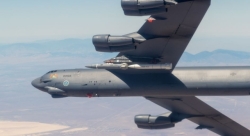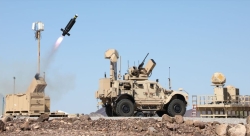F-35 Engine Issues Along With Turkey’s Removal from Project Could Cause Engine Shortages
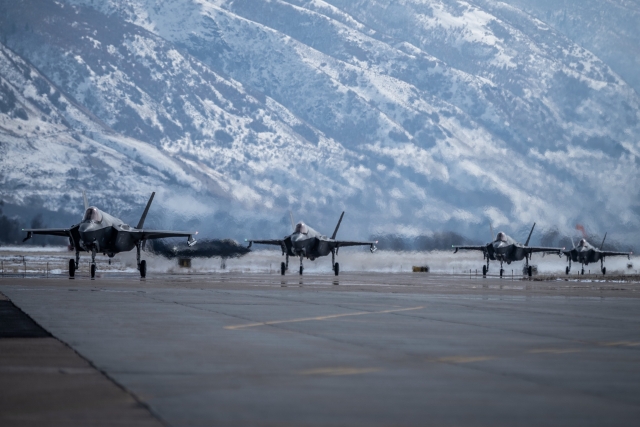
The F-35A fighter jet engine’s overheating problems that is “significantly” reducing its service life along with Turkey’s removal from the project over its S-400 buy could cause acute engine shortages.
The U.S. Air Force’s Air Combat Command (ACC) has cut eight exhibition performances this year or about one-third of those scheduled; in an attempt to increase the engine’s service life, Bloomberg reports.
The military is facing a growing shortage of engines of the A-model F-35s since they were overheating. This issue caused premature cracks on the turbine blade coatings, significantly lowering the engine’s lifespan. It is, however, not a flight safety issue.
The problems with the engines slowed down an already backed-up manufacturing process, therefore reducing the speed of production of new engines for the jet. The Pentagon’s F-35 program office has briefed Defense Department acquisition leaders that, in the most extreme case, up to 20% of Air Force F-35s will lack engines by 2025.
Also, according to Pentagon data, Turkish suppliers made 817 of the jet’s approximately 24,000 airframe part types; and 188 of approximately 3,000 engine part types. Turkey is tasked with manufacturing the jet’s engine propulsion system including electronic wiring harnesses, compressor rotor hubs, bracket assemblies for harnesses, as well as seals for an air turbine.
Ankara is expected to continue producing F-35 components through 2022, despite being kicked out of the $399 billion F-35 project over the S-400 row besides being denied the jets. In a statement following U.S.' imposition of CAATSA saanctions in December, Turkish Ministry of Foreign Affairs said "The U.S. preference of rejecting our offer to solve the issue through diplomacy and imposing one-sided sanctions instead is an inexplicable act. Turkey will take the necessary steps against this decision, which will negatively affect our relations and will retaliate in a manner and timing it deems appropriate. Turkey will never refrain from taking the necessary measures to safeguard its national security."
The U.S.' soured relations with Turkey coupled with engine issues could slow down the engine manufacturing pace if not resolved soon.
Raytheon’s Pratt & Whitney, the company that manufactures the F135 engines, is working “diligently” with the Air Force to solve the problem, they said. “We continue to work closely with the F-35 Joint Program Office, the services and the Oklahoma City-Air Logistics Complex (OC-ALC) to increase enterprise capacity across the F135 maintenance, repair, overhaul and upgrade network,” a spokesperson from Pratt & Whitney stated, adding that the company is involved in “multiple initiatives aimed at accelerating capacity growth.”
